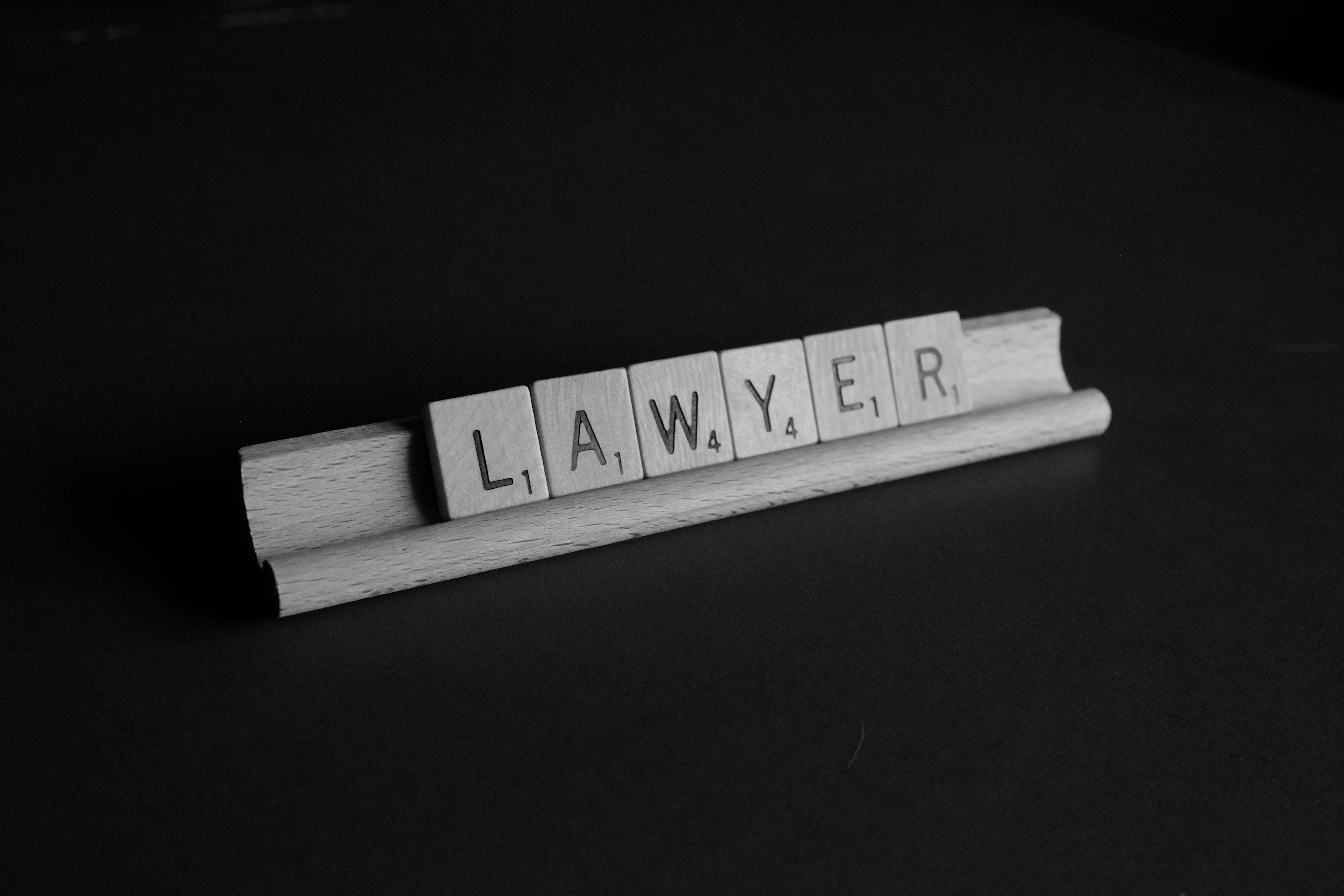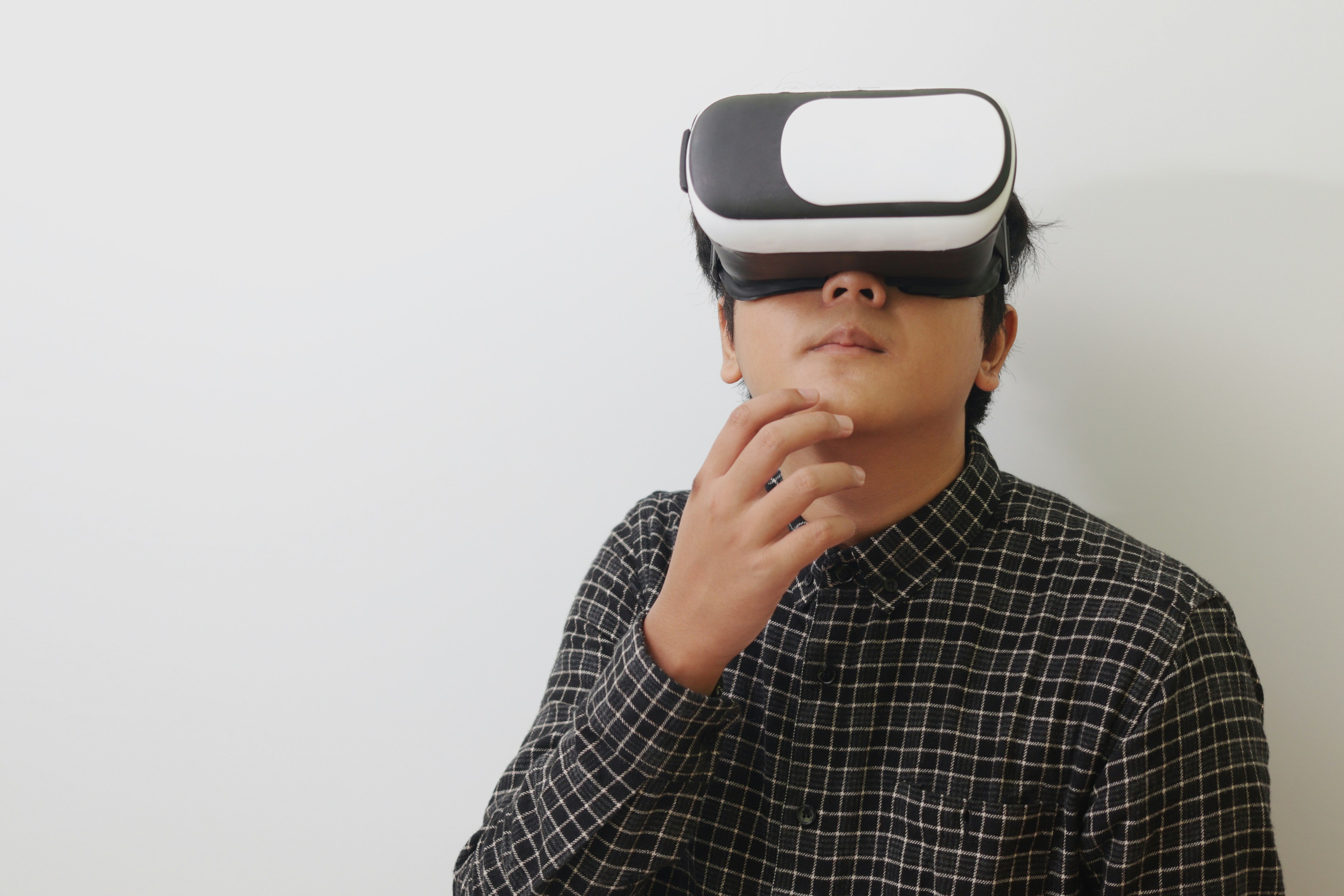The Law in the Age of Virtual Companions: Navigating AI Relationships
As technology evolves at an unprecedented pace, we find ourselves in a surreal reality where virtual companions, powered by artificial intelligence, are becoming integrated into our daily lives. From chatbots that understand our emotions to AI avatars serving as friends or mentors, these innovations raise complex legal and ethical questions. How do we understand liability and rights when our closest relationships might not be entirely real? This article dives deep into the intricate legal landscape of AI relationships, offering valuable insights and strategies for navigating this uncharted territory.
The Rise of Virtual Companions: A Cultural Shift
Virtual companions are often portrayed through films and literature as quirky, nurturing entities that provide emotional support. But what unfolds when these fictional atmospheres blur into our reality? As AI technology becomes increasingly sophisticated, many people find solace in these digital confidants—fostering attachment in ways many have never anticipated. According to a 2022 study published by Harvard Business Review, approximately 40% of individuals reported forming some emotional attachment to their virtual assistants or companions.
Yet, while virtual companions have positively impacted mental health for many users, the potential for legal ramifications is expansive. These relationships bring forth unique scenarios surrounding responsibility, consent, and user rights. Understanding these liabilities can mark the difference between healthy interaction and complicity in a potential legal mishap.
Understanding Liability in AI Relationships
When human emotional responses converge with artificial intelligence, legal liability becomes an essential consideration. Who is accountable when a virtual companion causes emotional distress or promotes misleading information?
-
Emotional Distress: Can You Sue?
The question of emotional distress in the context of the metaverse is not straightforward. Courts have traditionally required tangible harm for legal action. However, as we navigate increasingly human-like interactions with virtual companions, legal precedents are being challenged. Research indicates that emotional harm could lead to viable claims, placing developers in a position of responsibility. -
Misrepresentation and Deception
A significant lawsuit emerged in 2023 when a leading AI firm faced allegations for misleading users in how their virtual companion improved emotional health through unverified techniques. This case opened discussions on the extent of due diligence expected of AI developers, who must clearly communicate capabilities and limitations. -
Negligence and Duty of Care
In traditional law, a duty of care exists to protect individuals from foreseeable harm. As guardians of virtual companions, developers may be expected to ensure that their creations do not inflict emotional disturbances. The legal framework around this is still evolving, and creators need to be conscious of potential negligence claims that could arise from user interactions.
Rights of Users in the AI Companion Space
In addition to liability, user rights come into play in interactions with virtual companions. Just as in personal relationships, users must ensure their rights and privacy are protected.
-
Data Privacy and Ownership
One critical aspect is how personal data is used and protected. It poses a crucial dilemma: who owns the data generated through interactions with virtual companions? Are users aware of their content being used for training AI algorithms? This warrants transparency, as individuals should have insights into their data and the right to withdraw consent. For deeper insights on this complex subject, you can refer to our piece on ownership in AI-generated content. -
Intellectual Property Rights
Users may create unique expressions or solutions through interactions with their AI companions. However, the legal status of these creations raises profound questions. Should the user be credited with ownership, or does the AI company retain rights? This is a crucial discussion as we explore intellectual property laws in AI-generated content. -
Freedom of Expression vs. Content Moderation
As AI relationships grow, the notion of freedom of expression becomes complicated. AI companions may impose content restrictions to preserve user safety or comply with regulatory frameworks, raising questions about an individual’s freedom to express diverse thoughts and ideas. Determine what your rights are concerning AI and its moderation behaviors.
Legal Frameworks Governing AI Companions
As we delve into these emerging issues, it is vital to recognize the existing legal frameworks—or lack thereof—assessing the landscape surrounding AI relationships.
-
Current Regulations and Future Adaptations
Internationally, various regulatory bodies are beginning to draft guidelines on AI ethics and liability. The European Union's proposed AI Act is aimed at providing regulations surrounding high-risk AI applications, pushing developers to attain compliance regarding user safety—encouraging ethical practices within AI development spaces. -
Impact of Emerging Technologies on Legal Practices
Technologies such as blockchain and smart contracts can revolutionize relationships between users and AI, promoting accountability and transparency in functionalities and supporting more secure agreements and transactions. -
Litigating AI in Existing Legal Frameworks
Given the slow adaptation of traditional laws to new technology, many lawsuits regarding AI relationships have found their way into courts, prompting retrials of existing laws for applicability. Parties involved in litigation seek to keep pace with innovation while balancing justice—an exhausting endeavor for the current legal systems in place.
The Ethical Implications of AI Companions
The lesson doesn't end with understanding legal ramifications; ethical considerations are ever-present in this evolving realm.
-
The Role of Trust
Trust is foundational in human relationships, and this extends to AI interactions. Developers must earn users’ trust by maintaining ethical guidelines, providing transparent information, and mitigating risks linked to their AI companions. Users need to intuitively understand the dynamics of their interactions and trust that their companions are designed with their well-being at the forefront. -
Profiling and Personalization
Algorithms learn from users and can provide personalized responses and recommendations. However, this raises significant concerns about profiling users based on behavioral data. The fine line lies in ensuring tailored experiences without infringing on user privacy or enforcing biased outputs. -
Detachment from Human Reality
As AI companions become an emotional tether for individuals, they risk detachment from genuine human experiences and relationships. The ethical implications of design choices that encourage dependency rather than encouraging real-world connections are pivotal discussions in ethics.
Navigating Future Legal Reform
There’s no denying that the conversations about laws governing AI companions will proliferate as our dependence grows. Here’s what awaits us in shaping the future:
-
Advocacy and Legislative Efforts
Organizations advocating for guiding ethical standards and accountability within AI development are emerging. As pressure mounts on companies, they are likely to lobby for clearer regulations while protecting users from abuse. -
Public Engagement Platforms
Engaging in discussions through public forums, such as comment periods during regulations drafts, allows for collaborative shaping of rules as they pertain to AI relationships. The collective input of communities provides critical direction for law-makers and developers. -
Community Awareness
There’s a pressing need to increase community awareness surrounding the legal aspects of technology use, empowering users to understand their rights, responsibilities, and the potential risks associated.
Final Thoughts
The terrain of human-AI relationships is multifaceted and constantly evolving. As users, developers, and legal practitioners, we must collectively address the liabilities, rights, and ethical dimensions tied to interactions with virtual companions.
As we advance, our legal frameworks must adapt to encompass emerging technologies while preserving the rights of individuals. The symbiosis of human emotions and technology invites ongoing exploration and discourse—ensuring that the landscape of AI remains accessible, safe, and respectful. Let’s ensure that as we embrace these digital partnerships, we do so with a keen awareness of our legal rights and responsibilities, safeguarding the essence of genuine interaction in an increasingly virtual world.
Meta Description: Uncover the legal landscape of AI-generated relationships, exploring liability, user rights, and ethical implications in our interconnected digital age. Dive in!
For further exploration on similar themes, check out related topics like digital identity post-mortem and AI art ownership laws.









